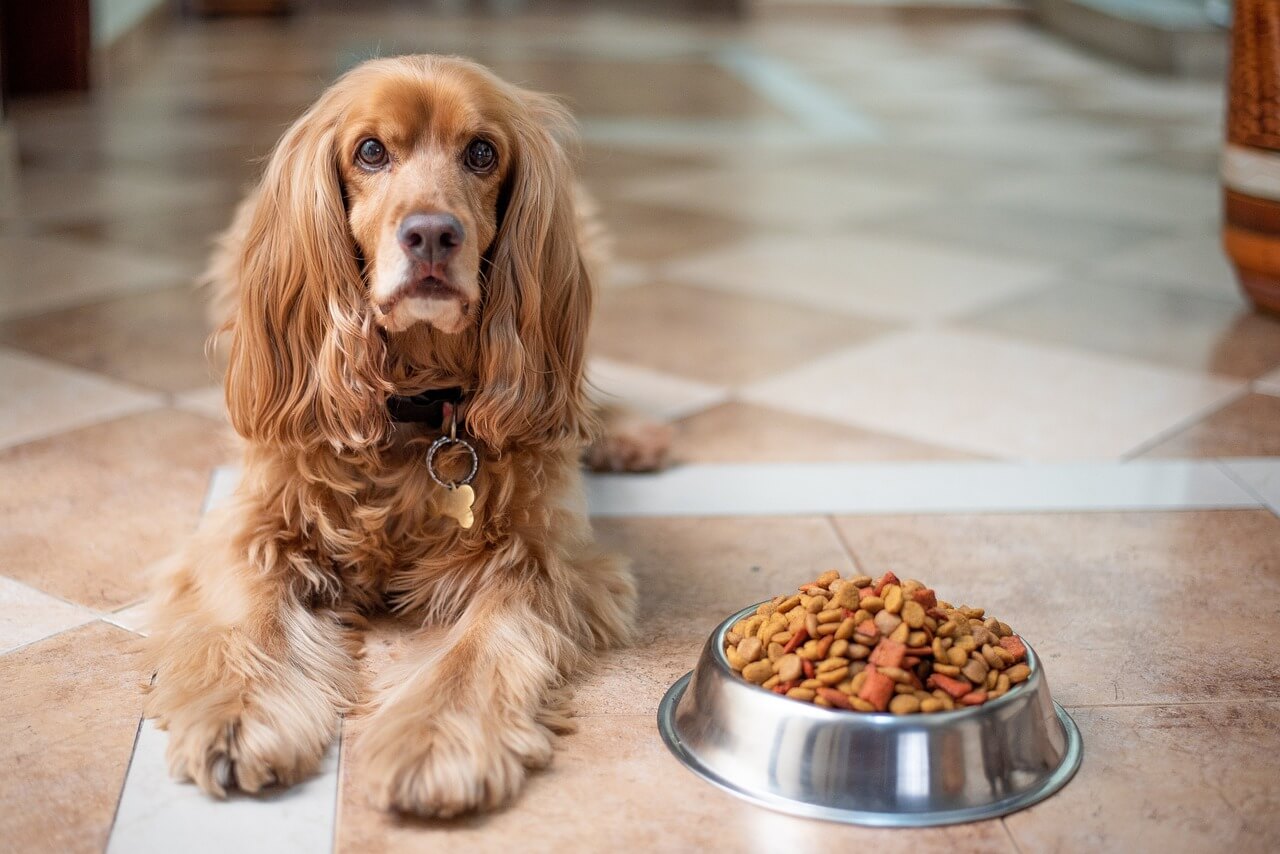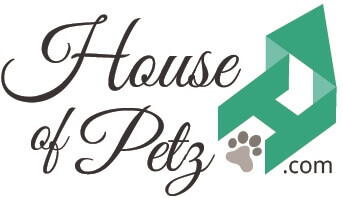As our beloved pets gracefully enter their golden years, their nutritional requirements undergo significant changes. The ageing process impacts animals in various ways, influencing their metabolism, immune system, and overall health. Consequently, a tailored and well-balanced diet becomes paramount in ensuring that our senior companions lead happy, healthy lives. In this comprehensive guide, we’ll explore the distinctive nutritional needs of ageing pets and how a thoughtful diet can contribute to their well-being.
Understanding the Ageing Process
Much like humans, pets undergo a natural ageing process marked by physiological and metabolic changes. As pets enter their senior years, they may experience a gradual decline in organ function, changes in muscle mass, and alterations in their ability to absorb and utilize nutrients. These changes necessitate a reevaluation of their dietary needs to support optimal health and vitality.
Key Nutrients for Senior Pets

Protein: The Building Block of Health
Protein is a crucial component of any pet’s diet, and its significance becomes even more pronounced in the senior years. It plays a pivotal role in maintaining muscle mass, supporting immune function, and promoting overall vitality. However, the type and amount of protein are vital considerations. Senior pets may benefit from easily digestible, high-quality protein sources to address potential digestive issues. Consulting with a veterinarian can help determine the appropriate protein levels for an individual senior pet based on factors such as breed, size, and health status.
Healthy Fats for Cognitive Health
Omega-3 fatty acids, such as those found in fish oil, are renowned for their cognitive benefits. In ageing pets, these fats can support brain function and potentially mitigate cognitive decline. Including sources of healthy fats in a senior pet’s diet, such as fish or flaxseed oil, can contribute to improved cognitive function and help manage conditions like cognitive dysfunction syndrome (similar to dementia in humans). Balancing the fat content is crucial, as excess fat can lead to weight gain, which is a common concern in older animals.
Joint-Friendly Nutrients: Glucosamine and Chondroitin
Joint health is a significant consideration for senior pets, especially for breeds prone to arthritis and other musculoskeletal issues. Nutrients like glucosamine and chondroitin sulfate are known for their joint-protective properties. These compounds support cartilage health, reduce inflammation, and may alleviate the symptoms of arthritis. Integrating these ingredients into a senior pet’s diet, either through specialized foods or supplements, can contribute to improved mobility and enhanced quality of life.
Hydration and Caloric Needs for Senior Pets
Hydration: The Foundation of Health
As pets age, their hydration needs become more critical. Dehydration can exacerbate existing health issues and impact organ function. Senior pets may be less inclined to drink water, making it essential to incorporate moisture-rich foods into their diet. Wet or canned food can be an excellent choice, as it not only provides essential nutrients but also contributes to overall hydration. Regularly monitoring water intake and consulting with a veterinarian can help address any potential hydration concerns.
Caloric Adjustments for Aging Metabolism
Metabolism naturally slows down with age, leading to a decrease in energy requirements for senior pets. Failure to adjust calorie intake accordingly can result in weight gain, exacerbating joint issues and potentially contributing to other health issues. However, it’s crucial to strike a balance – while reducing overall calories, ensuring that the diet remains nutritionally dense is paramount. This delicate balance helps prevent nutrient deficiencies while managing weight to promote overall health.
Special Considerations for Common Senior Health Issues
Dental Health: The Importance of Dental-friendly Diets
Dental issues are prevalent among senior pets, often leading to discomfort and difficulty eating. Choosing a diet that supports dental health is crucial. Some senior pet foods are designed with a focus on dental care, incorporating ingredients that promote oral hygiene and reduce plaque and tartar buildup. Additionally, regular dental check-ups and cleanings are essential to address potential dental problems that may arise.
Kidney Function: Low Phosphorus Diets
As pets age, the risk of kidney issues increases. Senior pets may benefit from diets that are low in phosphorus, as excessive phosphorus intake can strain compromised kidneys. These specialised diets are formulated to support kidney function while providing all other essential nutrients. Regular veterinary check-ups, including blood tests to assess kidney function, can guide adjustments to the pet’s diet as needed.
Tailoring Diets to Individual Senior Pets
Individualized Approach: Working with Your Veterinarian
Each senior pet is unique, and their dietary needs can vary based on factors such as breed, size, health conditions, and activity levels. Collaborating closely with a veterinarian is essential to create a personalized nutrition plan that addresses the specific requirements of an ageing pet. Regular check-ups allow for adjustments to the diet based on changes in health status, ensuring that the pet receives the optimal balance of nutrients at each stage of their senior years.
Transitioning to Senior-Specific Diets
As pets age, transitioning to senior-specific diets becomes increasingly important. These formulations are carefully crafted to meet the specific needs of ageing animals, considering factors like joint health, digestion, and cognitive function. Gradual transitions, guided by a veterinarian, can help the pet adjust to the new diet without causing digestive upset. Senior diets often contain higher levels of essential nutrients while being formulated to be easily digestible, supporting the ageing digestive system.
Nurturing Longevity Through Thoughtful Nutrition
Providing optimal nutrition for senior pets involves a multifaceted approach that addresses their evolving needs. From prioritizing high-quality proteins and healthy fats to incorporating joint-friendly nutrients and managing hydration, every aspect plays a vital role in supporting their overall well-being. Recognizing the individual nature of each ageing pet and consulting with a veterinarian for personalized guidance ensures that their nutritional needs are met with precision.
As pet owners, our responsibility extends beyond providing mere sustenance; it involves fostering an environment where our senior companions can age gracefully and enjoy a high quality of life. By staying attuned to their changing requirements, adjusting diets accordingly, and proactively addressing common health concerns, we can enhance the golden years of our cherished furry friends.
In the ever-evolving journey of pet ownership, knowledge and compassion pave the way. Embracing the nuances of senior pet nutrition empowers us to make informed decisions that contribute to the lasting health and happiness of our ageing companions. May the golden years be a time of joy, comfort, and contentment for both pets and their devoted human companions.
This article was written by Eliza Cochrane, content writer from Know Better Pet Food.
